Developing Resilient Market and Food Systems
From households and smallholders to agribusinesses, traders and national policy makers, DevWorks strengthens market systems in the agricultural sector. We build inclusive and resilient markets and diversify nutrition-sensitive agricultural production systems that improve food security, increase incomes, and bolster household and systems level-resilience. Through our work, we support innovation-driven private and public extension systems that facilitate adaptation to changing weather patterns and focus on solutions that create opportunities for women and youth.
Agricultural-led Economic Growth
We transform market relations to include the poor, women, youth, and disadvantaged groups. We tailor our approach to each situation, using robust market systems analysis and our extensive local networks. DevWorks identifies local power dynamics, leverage points for change, and obstacles to participation. We facilitate change; we don’t become market players. The result is sustainable, pro-poor market systems change.
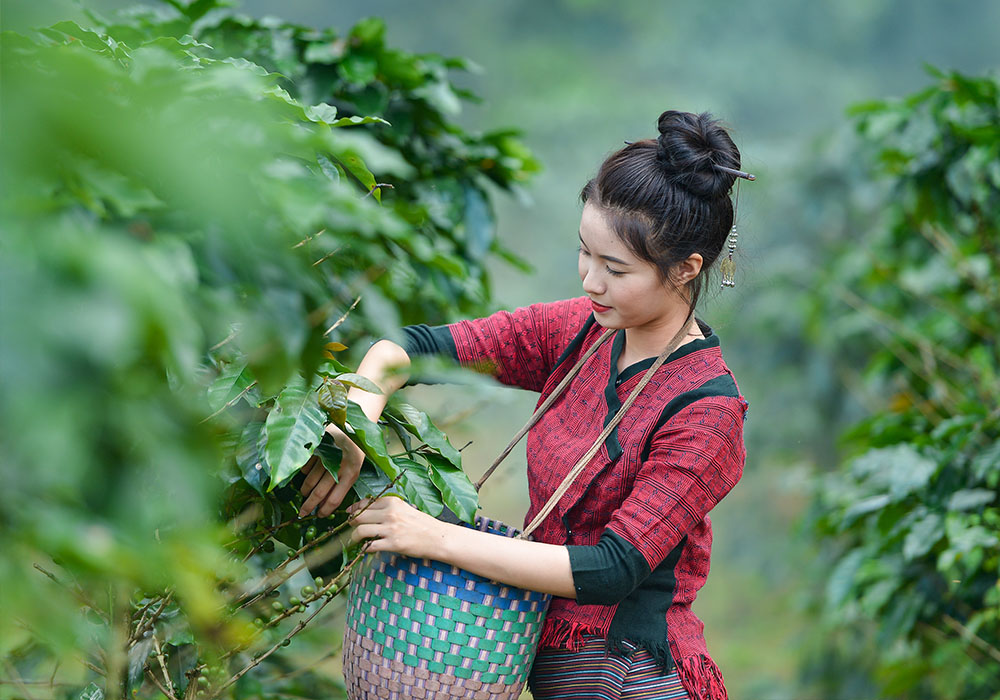
Strengthened Resilience to Economic, Health, and Extreme Weather Shocks and Stressors
Because of COVID-19, conflict, and natural disasters, those living on less than $1.90 a day will increase by over 16% to over 750 million people living in extreme poverty. This is a massive challenge to the human community. This is an emergency that requires additional financial resources and new project designs that lift large numbers of people out of extreme poverty. DevWorks stands ready with innovative Agriculture and Market Systems approaches to lift people out of extreme poverty and able to withstand extreme weather, conflict, and health shocks. The poorest are those most affected by the increasing frequency of extreme weather events. DevWorks’ resilient solutions include private sector engagement for increased innovations, increased profitability, new and improved crop varieties and livestock breeds, improved production practices, and better soil, water, and natural resources management. We help vulnerable rural women, men, and youth diversify income through off-farm employment and entrepreneurship to increase income and provide resilience to shocks and stresses.

Improved Nutrition
DevWorks takes a Private Sector Engagement approach that promotes the hygienic processing of foods from farm to table. This may include supporting micro, small, and medium enterprises (MSMEs) in processing and selling more nutritious foods including nutrient dense fruits and vegetables.
DevWorks works with local health, nutrition, and agriculture authorities to eradicate chronic malnutrition. Our goal is to improve supply, access, and consumption of a diverse diet of nutritious food. Diversified agricultural production of nutritious food is critical, especially for women of childbearing age and children in their first 1000 days. Farmers who grow nutritious crops improve household consumption and make money from sales as they increase their availability in local markets. DevWorks bolsters women’s agency in household decisions on food production, purchase, and consumption. And we collaborate with national authorities to embed these practices in national nutrition strategies.
Agriculture Projects
Specialty Coffee Community (SCC) Project
USAID | Peru | 2021–2026
As a partner to Central Café y Cacao del Peru, DevWorks implements the Specialty Coffee Community (SCC) Project, which works to improve quality and profitability of specialty coffees for approximately 3,200 families in ten coffee growing cooperatives in the Peruvian highlands in Cusco, Junín, and Puno. DevWorks supported our partner Central Café y Cacao del Peru throughout the proposal development and pre-award survey processes, resulting in receipt of their first award from USAID. On the project, DevWorks’ role focuses on providing international coffee quality expertise and connections to international buyers and roasters; implementing M&E activities; and supporting implementation of USAID rules and regulations. SCC interventions include:
- Increasing coffee quality through the introduction of improved production techniques through plantation rehabilitation, implementation of agroforestry systems, introduction of new coffee varieties, and trainings on good agricultural practices, integrated fertility, and pest management.
- Improving post-harvest handling and processing practices through trainings on cupping (quality testing) and various coffee processing techniques. This includes improving traceability of batches to satisfy buyers and act as a feedback mechanism to inform farmers about the quality of their crop.
- Creating and strengthening linkages to specialty market opportunities, both internationally and in the nascent domestic market. This includes promoting specialty coffees at international fairs and at the local cup of excellence competition, as well as bypassing brokers and traders to create direct connections between cooperatives and large-scale buyers such as supermarkets. The project also works to improve the domestic market by training local roasters and baristas to take advantage of the higher quality coffees becoming available.
- Promoting strategic alliances and advocacy with key coffee stakeholders, including working with Promperu (Peru’s export and tourism promotion commission) to obtain carbon neutral certifications for the cooperatives, advocating for the official acceptance of the PROCAFE (coffee technical working group) approved plan for improving national coffee consumption, and strengthening the guild of local coffee roasters and cafes.

Feed the Future Ghana Fisheries Recovery Activity
USAID | Ghana | 2021–2026
The purpose of the Feed the Future Ghana Fisheries Recovery Activity (GFRA) is to prevent the collapse of the small pelagic fishery sector and establish a durable basis for its ecological recovery, while enhancing the socio-economic well-being and local resilience of artisanal fisherfolk and their communities. The activity will seek to improve supplemental livelihoods and resilience measures for fishing communities, particularly for women and youth; facilitate private sector engagement and market linkages in the fisheries sector; strengthen government capacity in policymaking, regulation, and enforcement; strengthen improved science and research, including data for policy and management decisions; and empower key stakeholders to affect change.
In a consortium led by Tetra Tech, DevWorks leads interventions to increase the quality and value of artisanal fish products to maintain household income and enhance availability of nutritious foods for local and regional markets. Specifically, we work with fisheries communities to:
- Establish financing mechanisms to support seafood businesses improve the quality, value, and marketability of their products.
- Enhance fish processing practices to meet quality and sanitation standards required for seafood product certification.
- Establish new market opportunities for the sale of certified and high-quality artisanal seafood products to relevant buyers.
- Improve reliable and timely access to market information.
- Improve coastal household access to nutritious seafood products.
In addition, DevWorks provides support to increase alternative and diversified livelihoods for fisheries communities, including for women and youth.
Feed the Future Mali Sene Yiriwa Activity
USAID | Mali | 2021–2026
DevWorks leads the USAID-funded Feed the Future Mali Sene Yiriwa Activity, a five-year, $20 million project that aims to sustainably improve on-farm resilience to extreme weather, economic, and conflict related shocks and stresses. Sene Yiriwa, which translates to “prosperous agriculture”, contributes to Mali’s Global Food Security Strategy (GFSS) to sustainably reduce hunger, malnutrition, and poverty, and works toward FTF’s goal of strengthened resilience for targeted populations, promoting inclusive, sustainable, nutrition-sensitive, agricultural-led economic growth.
The Activity targets 36,000 farmers and 10,000 pastoralists for sustained intensification of integrated agricultural, fodder, and animal productivity in eight cercles in the Mopti region: Bandiagara, Bankass, Djenne, Douentza, Koro, Mopti, Tenenkou, and Youwarou; and four cercles in the Tombouctou region: Dire, Goundam, Niafunke, and Tombouctou. The Activity aims to improve agricultural production management practices on 54,000 hectares and will invest in two integrated agro-pastoral production systems: flooded/irrigated production and drylands/rainfed production. These may include wheat, rice, millet, nutrition-sensitive horticulture, bourgou and other fodder, livestock and poultry.
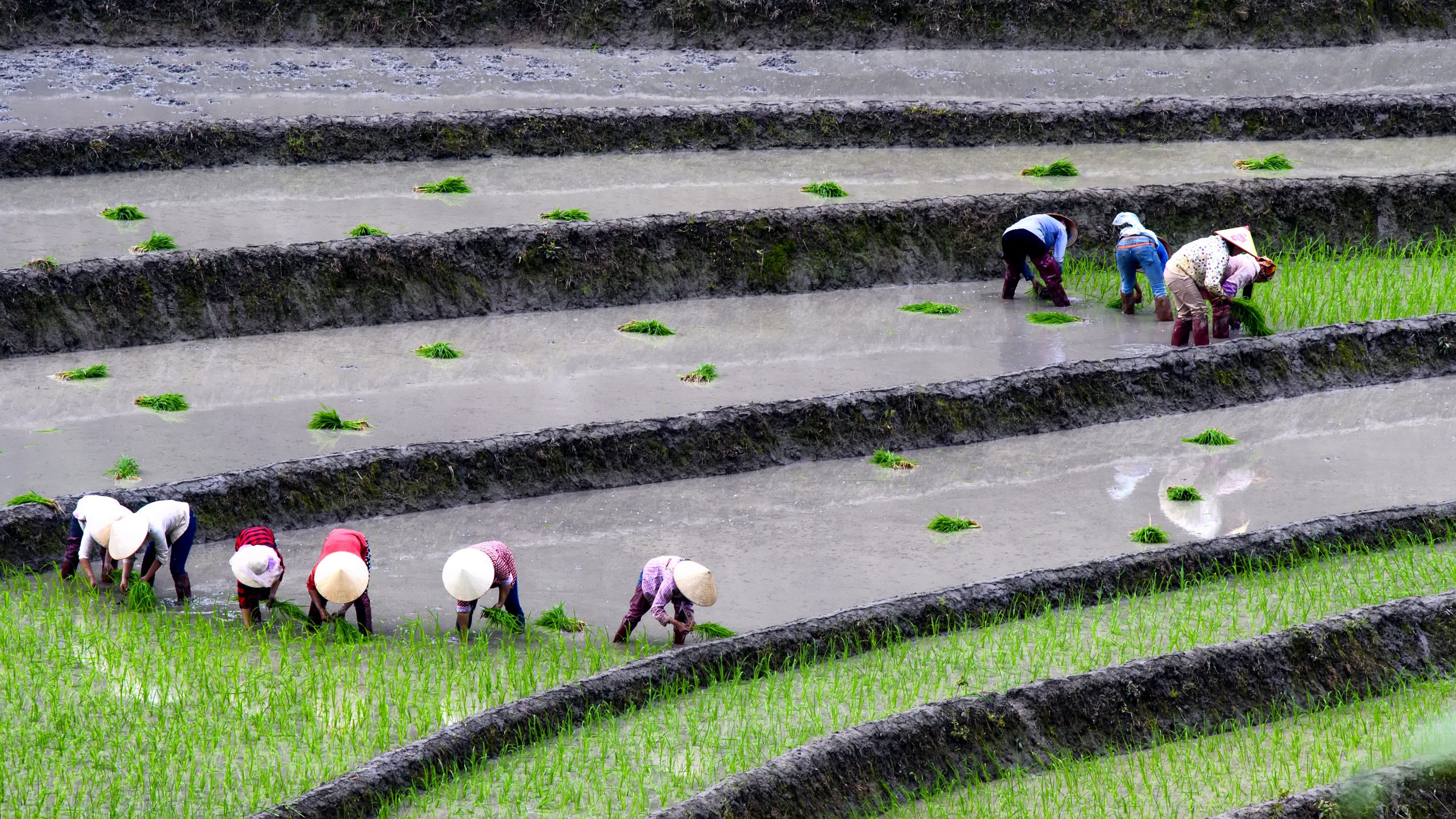
Water and Energy for Food (WE4F) South and Southeast (S/SE) Asia Regional Innovation Hub (RIH)
USAID, Sida, MFA-NL, BMZ (through GIZ) | S/SE Asia | 2020–2024
The overall objective of the Water and Energy for Food (WE4F) South and Southeast Asia Regional Innovation Hub (RIH) is to support smallholder farmers at the base of the pyramid (BOP) to produce more food using less water and energy. The RIH supports enterprises working at the food:water:energy nexus to scale their innovations to thousands of end users. The RIH’s three interconnected units – Technical Assistance, Brokering, and Enabling Environment – provide support to innovators through technical and business advisory services, investment facilitation, and policy and regulatory interventions, respectively. The RIH prioritizes gender, environmental sustainability, and BOP impact across all innovators and project activities.
In a consortium led by Tetra Tech, DevWorks coordinates RIH country activities in Myanmar, Indonesia and Vietnam, leads the Enabling Environment Unit, and provides technical assistance for innovators within the water-agriculture nexus and agricultural markets topics.
Specifically, our support to innovators across all RIH countries includes:
- Identifying and addressing their needs for technical assistance
- Managing entry into and progress through the investment pipeline
- Providing insights and creating linkages in local value chains
- Providing guidance on policy and regulatory topics including customs, tariffs, incentives, and product quality standards
- Assisting in grant compliance and collection of performance indicators
- Helping to engage and tailor solutions for BOP target groups through our Inclusive Business methodology
- Supporting the completion of technical feasibility activities
- Supporting innovator engagement and advocacy to governments and industry associations on pertinent policy and regulation issues
As the lead of the Enabling Environment Unit (EEU), DevWorks also provides policy and regulation technical assistance services in all WE4F-Asia-RIH countries. We facilitate business ecosystem building at both national and regional levels and support gender-inclusive enabling environments. Specific interventions include compiling and analyzing assessments of policy and regulation trends relevant to the water-energy-food nexus in S/SE Asia, identifying policy and regulatory barriers to innovator growth, and coordinating relevant technical assistance.
By the end of the project, the RIH aims to achieve the following results:
- Engage at least 40 innovators, including 16 women-led innovators.
- Deploy $4 million in grants and $1 million in investment matching capital.
- Attract at least $23 million in co-investment.
- Reach 1 million end users, including 250,000 women.
Livelihoods for Resilience Activity (GRAD-II)
USAID | Ethiopia | 2016–2021
Building on its predecessor Graduation with Resilience to Achieve Sustainable Development (GRAD), the Livelihoods for Resilience Activity supports Productive Safety Net Program (PSNP) households to build resilient livelihoods through improved food and nutrition security. The project works closely with the livelihoods component of the Government’s PSNP in 27 woredas in Amhara, SNNP, and Tigray regions. The goal of GRAD-II is to enable 97,900 households to graduate from the PSNP with the ability to withstand shocks and stresses.
In the consortium of organizations led by CARE Ethiopia, DevWorks provides technical support for value chain development, private sector engagement, and agricultural input supply in all three project regions, specifically by improving households’ technical and business skills to participate in crop and livestock enterprises and to link to viable markets.
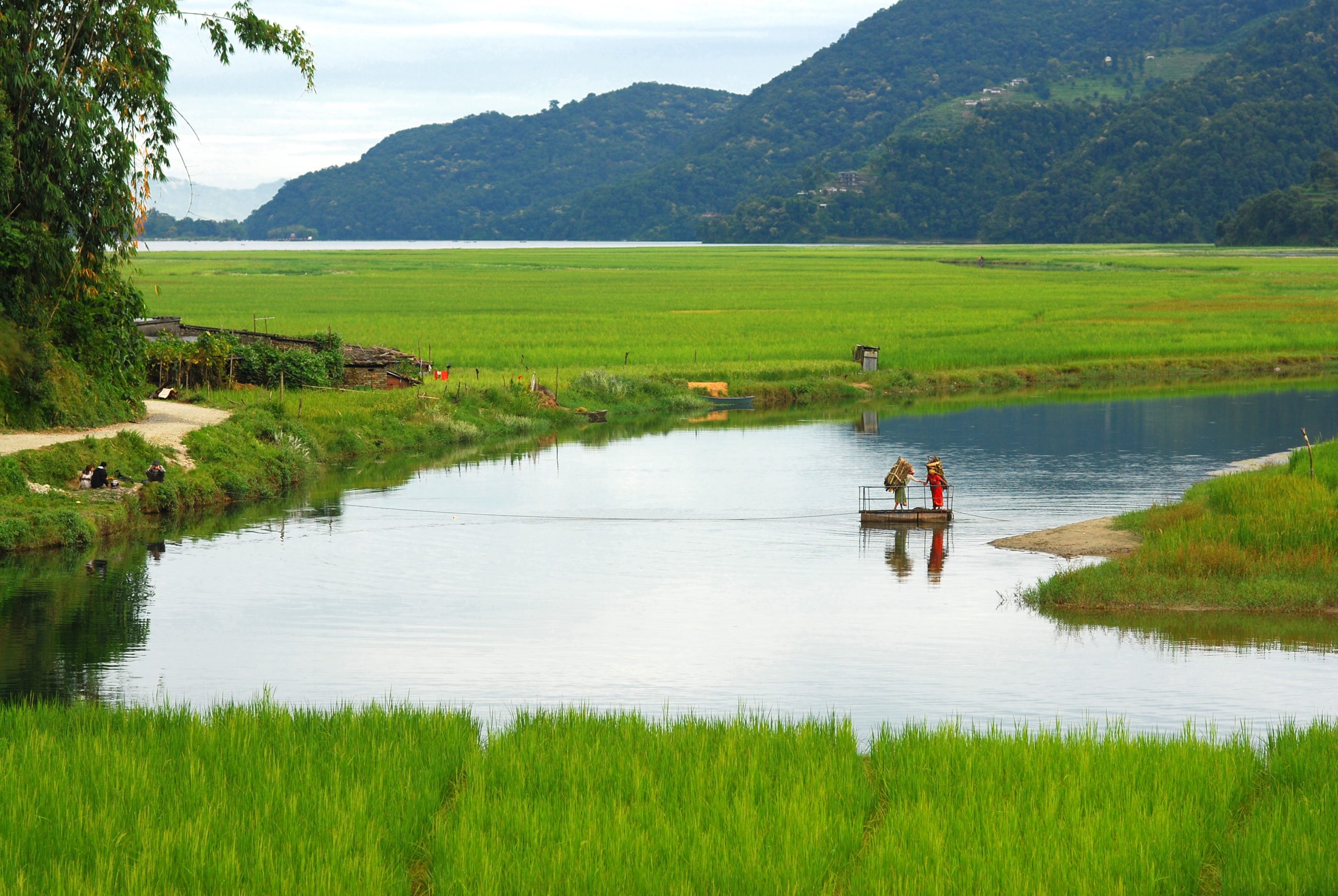
Securing Water for Food Technical Assistance Facility (SWFF)
USAID | Bangladesh, Mozambique, Nepal, Peru | 2017–2021
The USAID-funded Securing Water for Food Technical Assistance Facility (SWFF), led by the Kaizen Company, employs a rapid vendor procurement process to deployed technical assistance to innovators globally. DevWorks rapidly provides specialized short-term experts through our global network of inclusive business advisors. DevWorks has provided targeted technical support to SME innovators in Bangladesh, Mozambique, Nepal, and Peru. In post-support surveys, SWFF innovators said they would highly recommend DevWorks for Business Modeling and Strategy Development.
Feed the Future Mali Livestock Technology Scaling Program
USAID | Mali | 2016–2019
DevWorks, in a consortium led by the International Livestock Research Institute (ILRI), implemented the USAID-funded Livestock Technology Scaling Program “Feed the Future Mali Technology Scaling Program” in 4 municipalities of Sikasso (Farakala, Natien, Gongasso And Kouoro) and 2 municipalities from Djenné (Djenné and Femaye). The aim of the project was to increase the incomes, food and nutritional security of pastoralists and agro pastoralists in the regions of Mopti, Sikasso and Timbuktu. The project’s interventions aim to improve the overall productivity, volume and value of ruminant livestock produced and marketed by 61,000 households in these regions through widespread adoption of appropriate livestock technologies and best practices. DevWorks coordinated, directed and supervised the implementation of field activities to develop a livestock market information system to capture fluctuations in the market; increase the number of agro-pastoralists using fodder and improved fodder varieties; increase the number of farmers using integrated food and health packages for cattle, sheep and goats; and increase the number of livestock breeders and agro-pastoralists and small-scale livestock enterprises that have improved their capacities and skills in livestock feed technology.
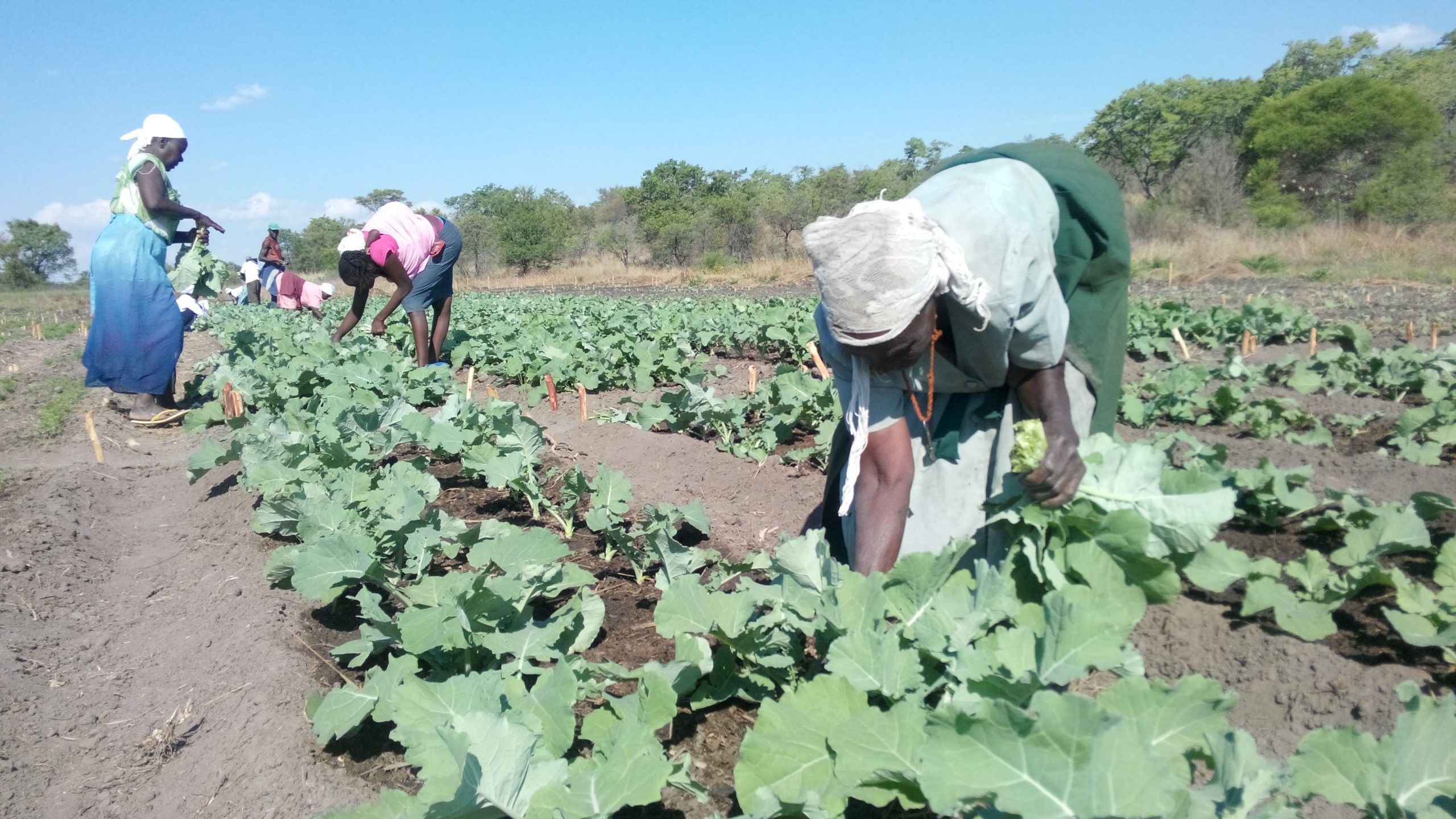
The Enhancing Nutrition Stepping Up Resilience and Enterprise (ENSURE)
USAID | Zimbabwe | 2013–2019
The ENSURE project was an integrated 6-year USAID Food for Peace Title II Development Food Security Activity (DFSA) in Zimbabwe led by World Vision. The project aimed to improve food, income, and nutrition security for vulnerable rural households in six districts clustered in two semi-arid provinces of Zimbabwe: Masvingo and Manicaland. The project had three interrelated strategic objectives (SOs):1. Maternal and child nutrition (SO1); 2. Agriculture and economic empowerment (SO2); and Resilience (SO3).
As a sub-partner, DevWorks implemented activities to increase household income under SO2 specifically through:
- Increase in Agricultural Productivity and Production;
- Increase in Net Revenue from Targeted Value Chains (sorghum, groundnuts, beans, poultry and goats) to viable input, output and service markets through 533 organized Producer and Marketing Groups (PMGs)
Additional Resources:
1. ENSURE DFAP Final Performance Evaluation
2. Building Household Resilience with Inclusive Financial and Market Systems (full webinar)
Agricultural Growth Program-Livestock Market Development (AGP-LMD)
USAID | Ethiopia | 2012–2018
The Agricultural Growth Program-Livestock Market Development (AGP-LMD) was a five‐year project implemented by a consortium led by CNFA as part of the U.S. Government Feed‐ the‐Future (FtF) Initiative. The goal of the project was to improve smallholder incomes and nutritional status, and its objective was to foster growth and reduce poverty by improving the productivity and competitiveness of selected livestock value chains: dairy, meat, and live animals. The project was part of USAID’s broader contribution to the Government of Ethiopia’s Agricultural Growth Program, aimed at increasing agricultural productivity and market access for crop and livestock products in targeted areas while bolstering the participation of women and youth.
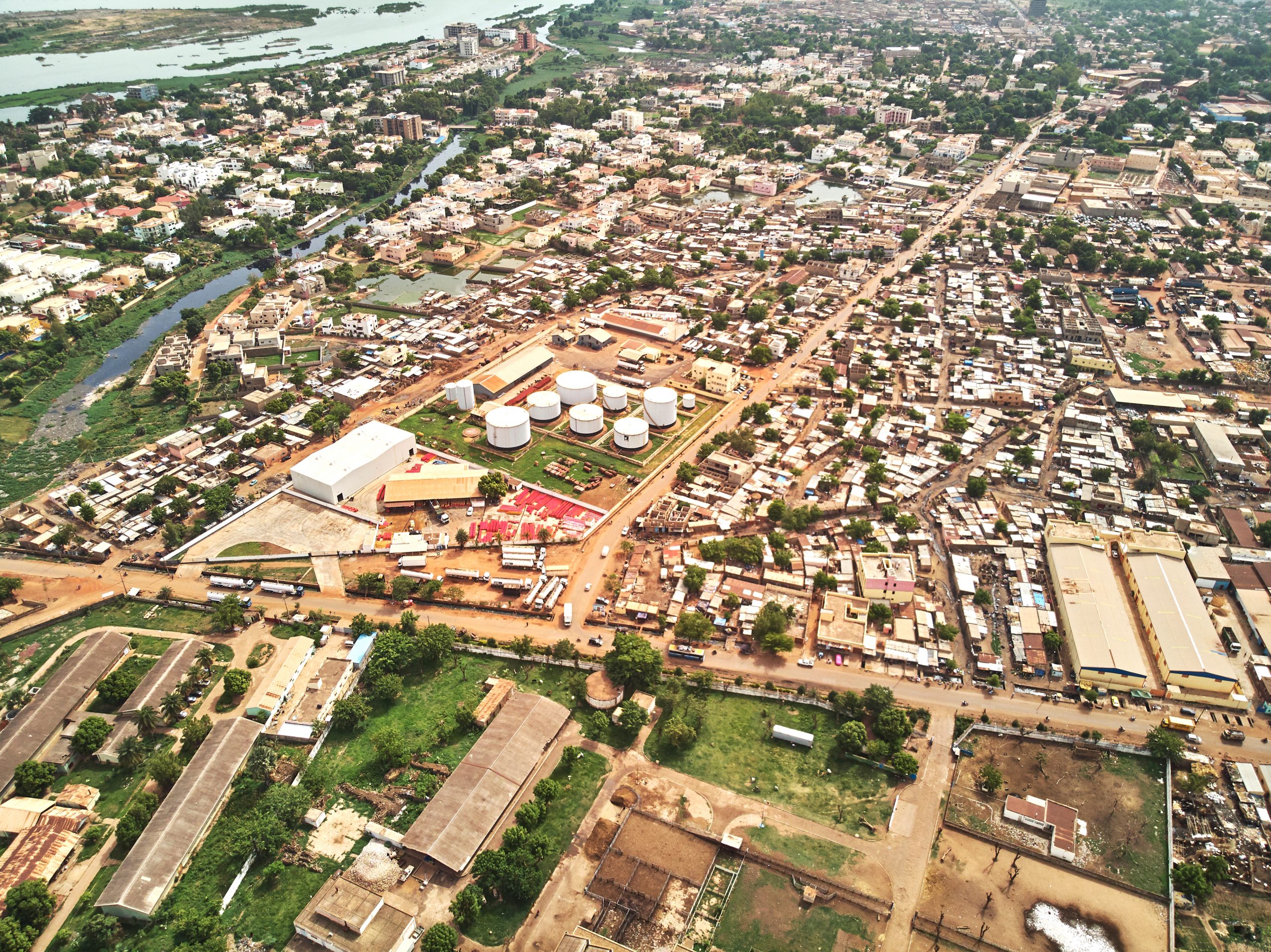
USAID | Mali | 2013–2019
The Project for Improved Nutrition through Community Action (PNH) aimed to improve the nutritional status of pregnant and lactating women by promoting adoption of sanitation and hygiene practices, increasing production and accessibility of nutrient rich food, and improving the delivery of nutrition service to address acute malnutrition.
As part of a consortium led by Save the Children, DevWorks primarily implemented the agriculture component of the project, where the project supported households in adopting sustainable and nutrition-sensitive farming practices. Through this intervention, the project aimed to encourage women in target villages to adopt sustainable farming techniques to help achieve food and nutrition security in order to increase the number of people who consume diverse and nutrient-rich meals.
Under the WASH component of the project, DevWorks provided capacity building to WASH actors in target villages in support of the Government of Mali’s overall WASH goals. Thus, the nutrient-rich crops were produced in 2000 individual plots of women, 30 collective and individual vegetable sites, 40 field-schools through the application of the family-farm advisory approach led by two local organizations: Faamuyaso and Yiriwasira.
USAID | Ghana | 2014–2019
The USAID Ghana Sustainable Fisheries Management Project (SFMP), led by the University of Rhode Island Coastal Resources Center and implemented with DevWorks, SSG-Advisors, Hen Mpoano, Friends of the Nation, the Central & Western Fish Mongers Improvement Association in Ghana/CEWEFIA, Daasgift Quality Foundation Development Action Association (DAA), and Spatial Solution, supported Ghana’s fisheries development policies and objectives with an aim to end overfishing and rebuild targeted fish stocks through adoption of sustainable practices and exploitation levels. Achieved outcomes from the project include 120 Ahotor ovens installed and 13 fish processors qualified for the recognition scheme; four fisheries associations and four partner organizations with improved organizational structure and performance; 500 fish processors with increased knowledge in business development, hygienic handling of fish and use the oven; and 480 fish processors benefited from the use of the record books.
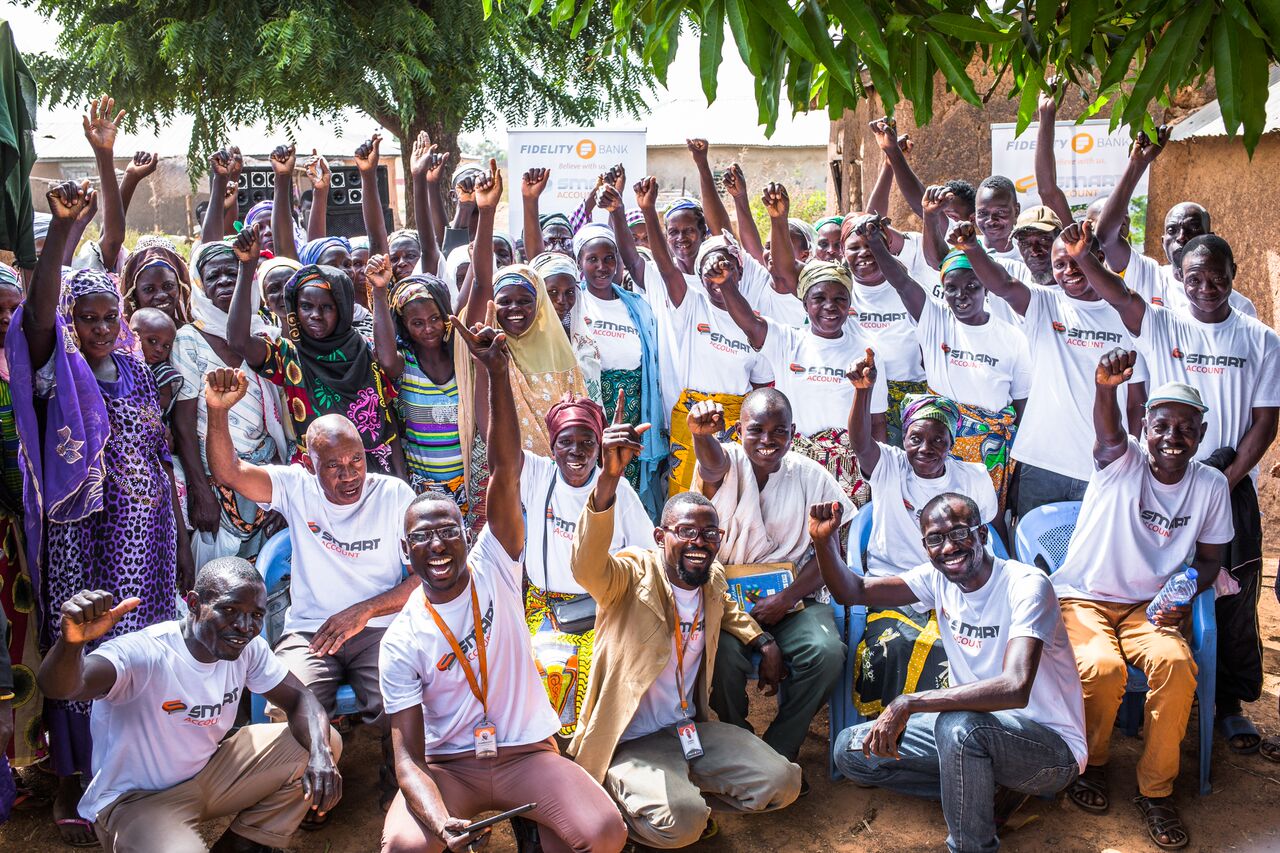
USAID | Ghana | 2015–2018
The USAID-Smart Agri-Finance Project was a three-year project seeking to increase commercial opportunities for targeted smallholder farmers by increasing their access to finance and financial products that are accessible and affordable. The project was part of the Feed the Future (FtF) interventions in Ghana implemented in the SADA zone. The project was led by Fidelity Bank. This partnership aims to facilitate private sector participation in development.
The goal of USAID Smart Agri-Finance was to increase commercial opportunities for targeted beneficiaries, primarily women, in the Northern, Upper East and Upper West regions of Ghana. DevWorks provided technical assistance with the identification and development of socially inclusive agriculture-related investments, facilitate financing for Smart Agri-finance portfolio companies, and to build the capacity of Ghanaian financial institutions.
Project Objectives
- Access to affordable, inclusive banking services in Savannah Accelerated Development Authority zone increased, primarily for women.
- Efficiency and linkages along targeted value chains improved.
- Inclusive banking, mobile finance and agricultural lending promoted in Ghana.
USAID | Ethiopia, Kenya | 2015–2018
DevWorks led the Feed the Future East Africa Catalytic Sustainable Agribusiness Investment (CSAI) project, funded by USAID. CSAI aimed to promote investment in sustainable agriculture in East Africa by incubating and scaling-up innovative sustainable agribusinesses and mobilizing private and public investment in successful business models. CSAI also contributed towards a better enabling environment for investment in sustainable agriculture in Kenya and Ethiopia by promoting evidence based, private-public dialogue.
The project identified small and medium agribusinesses that were innovative, inclusive, and scalable, and supported them with analyses, business training, technical assistance, public-private dialogue, and strategic partnership match-making to help them become investment ready. The project then worked directly with the private sector to accelerate the deployment of investment capital into these businesses. In total, CSAI projected to screen 40 agribusinesses for investment potential, incubate 15, and scale up six to the point of being investment ready. By the end of the project, closed deals represent USD $1,370,000 in investment. The investment pipeline at end of the project was $8.25M with number of deals at advanced stages of negotiation. Projected GHG emission (CO2) reduced or avoided by participating enterprises through 2030 from adopted laws, policies, regulations, investments or technologies is estimated at 948,565 tons.
Additional Resources:
1. Assessment of Lessons Learned: Final Report